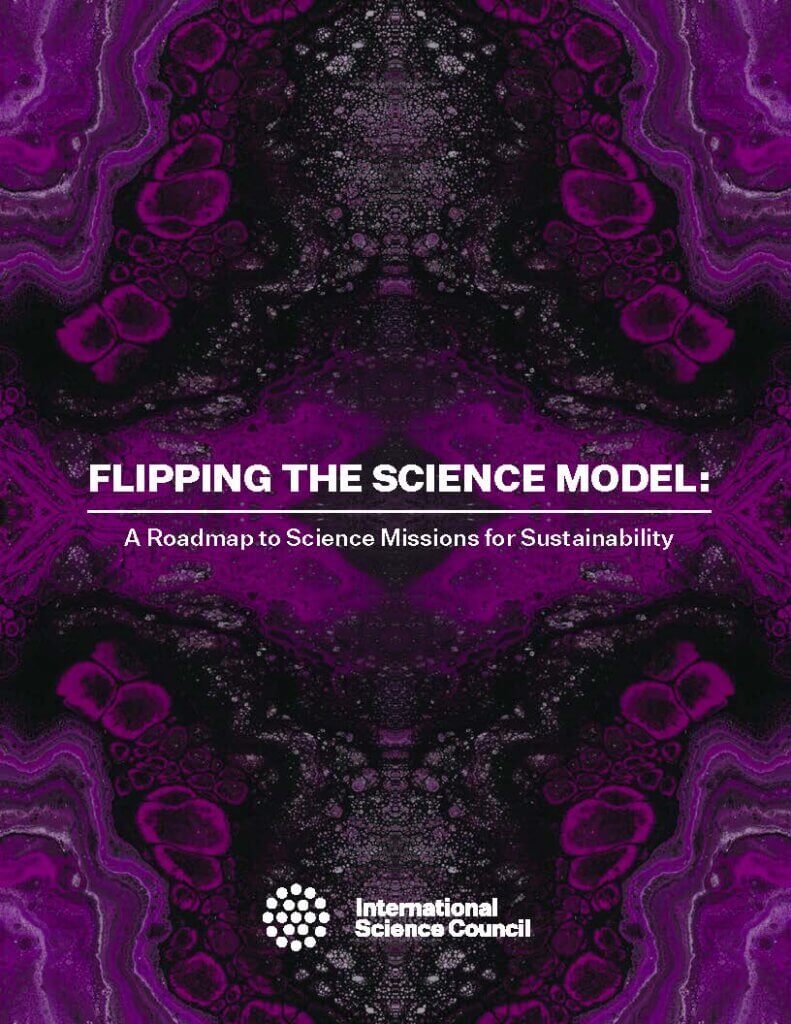
From climate emergency and biodiversity loss to global health, the complex challenges facing our world demand innovative and holistic approaches that transcend traditional boundaries. In pursuing a sustainable coexistence between humanity and our planet, the role of sciences has become more critical than ever before.
The decade aims to raise awareness of the importance of all sciences for sustainable development, and to actively concur, in accordance with national priorities, with the promotion of a coordinated, collaborative, scientific approach providing policymakers with evidence-based analyses and data necessary for establishing and effectively implementing policies in such a way that no one is left behind.
However, despite considerable scientific support to the Sustainable Development Goals (SDGs), there has been little progress. The prevalent linear mindset, which assumes that science will naturally generate technology and solutions while various disciplines work in silos, has fallen short of creating the conditions for a fairer and more sustainable world.
The International Science Council (ISC) has previously explored why science was not making a greater and more effective contribution in its report “Unleashing Science“, highlighting the need for new ways of doing science, making the knowledge actionable, less siloed, and truly engaged with stakeholders. Then in July, with the launch of its “Flipping the Science Model” report at the 2023 High-level Political Forum (HLPF), the ISC proposed an alternative science model for global transdisciplinary research that properly brings communities, policy-makers and science together and across the global divides.

By proclaiming the International Decade of Sciences for Sustainable Development, the United Nations General Assembly signals the need to shift towards a transformative era of science-based collaboration and progress. It stands as the recognition, at the higher international level, that achieving sustainable development requires a global transdisciplinary and multidimensional approach – one that bridges science disciplines, all forms of knowledge, and the realms of science, policy, and action.
Rooted in the 2030 Agenda, this Decade seeks to harness a more effective and inclusive global approach to sustainability based on the synergic cooperation of all sciences and all knowledge forms in an integrative and transformative way to inform policymaking and the implementation of the SDGs.
The ISC does not only support this approach but goes beyond, advancing that the codesign of research and action should be embraced as the standard practice in sustainability science, and be considered an essential and integral addition to the traditional scientific paradigm. This framework, referred to as “Mission Science for Sustainability,” envisions a model where the sustainability science agenda is tailored to the unique needs of regional communities and stakeholders. This alignment, facilitated by a globally funded and empowered network of Regional Sustainability Hubs, would incentivize collaboration and tackle the fragmented and competitive mindset to drive a genuine “big science” approach to sustainable development challenges.
Read the Resolution on the Decade of Sciences here.
Global science needs a new approach to tackle climate change and complex sustainability question
While the world records its hottest July since records began, the ISC’s vision of a new model for science for sustainability is more needed than ever.
Image by Mert Guller on Unsplash.